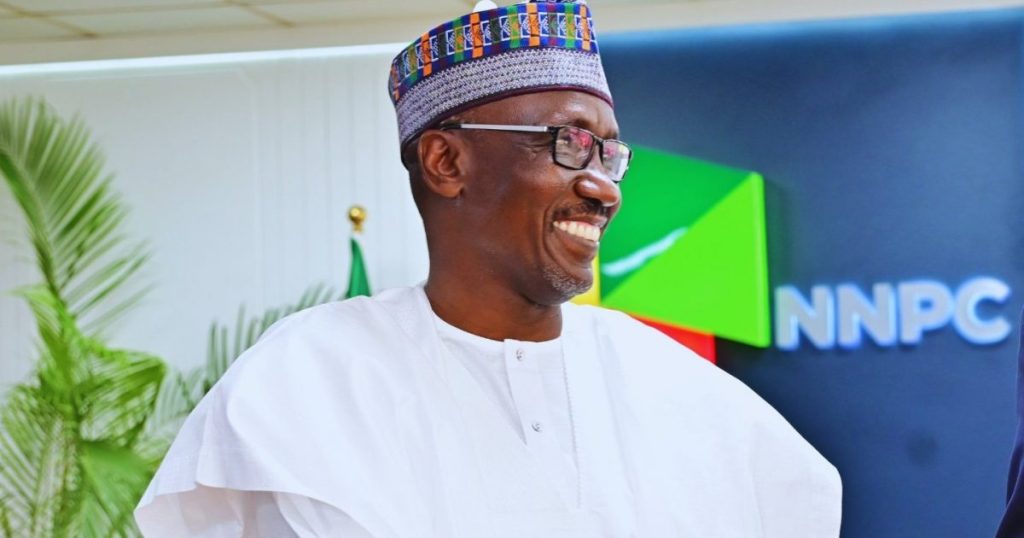Mele Kyari’s 60th birthday has ignited discussions surrounding the expiration of his tenure as Group Chief Executive Officer of the Nigerian National Petroleum Company Limited (NNPCL) and the possibility of an extension. Appointed in 2019 by former President Muhammadu Buhari, Kyari has served NNPC for over three decades. His continued leadership amidst a wave of dismissals of other Buhari-era appointees by President Bola Tinubu has fuelled speculation about his future with the company. While sources suggest Kyari has sought a four-month extension from President Tinubu, citing the imminent commencement of operations at the Warri and Port-Harcourt refineries, the legal framework surrounding his tenure remains a point of contention.
The central question revolves around the applicable legal framework governing Kyari’s position. Some legal experts argue for strict adherence to established rules and procedures, emphasizing the importance of transparency and the rule of law in such appointments. Others contend that the Petroleum Industry Act (PIA) of 2021, which governs the NNPCL, does not stipulate specific age or tenure limits for the GCEO position, and that the Companies and Allied Matters Act (CAMA) and the company’s Articles of Association should determine the board composition and leadership. This interpretation suggests that Kyari’s tenure is not necessarily bound by fixed timelines and could be extended at the President’s discretion.
Further complicating the matter is the intense political maneuvering surrounding the potential succession. Reports indicate that several individuals are being considered as potential replacements, including Bayo Ojulari and Ahmadu Musa Kida, a former TotalEnergies executive. Kida’s potential candidacy is reportedly being championed by TotalEnergies, given his extensive experience with the company and his fluency in French, considered advantageous in light of TotalEnergies’ planned $6 billion investment in Nigeria and President Tinubu’s frequent visits to France. The involvement of influential figures like the Chagoury brothers, known allies of President Tinubu, further underscores the intricate political dynamics at play.
Kyari’s reported lobbying efforts for a four-month extension add another layer to the unfolding drama. He argues that his continued leadership is crucial for the successful commencement of refinery operations, a significant milestone for the country’s energy sector. Sources suggest he is actively seeking support from key officials within the Presidency, highlighting the intense political maneuvering and behind-the-scenes negotiations surrounding the issue. However, the ultimate decision rests with President Tinubu, who has remained tight-lipped on the matter, adding to the suspense.
The situation is further complicated by the complex legal interplay between the PIA, CAMA, and the Presidential prerogative. While some argue that the PIA’s absence of explicit term limits grants the President considerable flexibility, others emphasize the importance of adhering to established corporate governance principles and avoiding arbitrary extensions. The fact that the NNPCL transitioned from a public corporation to a limited liability company in 2022 under the PIA raises questions about the applicability of previous regulations and the extent to which presidential authority can influence the leadership of a now-private entity.
In essence, the debate around Kyari’s tenure underscores the tension between political considerations, legal frameworks, and the need for stability and continuity in a critical sector like the oil and gas industry. President Tinubu’s eventual decision will have significant implications, not only for the future of the NNPCL but also for the broader perception of corporate governance and adherence to the rule of law in Nigeria. The ongoing uncertainty surrounding the leadership of the NNPCL emphasizes the need for clear guidelines and transparent processes to ensure stability and investor confidence in the country’s vital energy sector.














